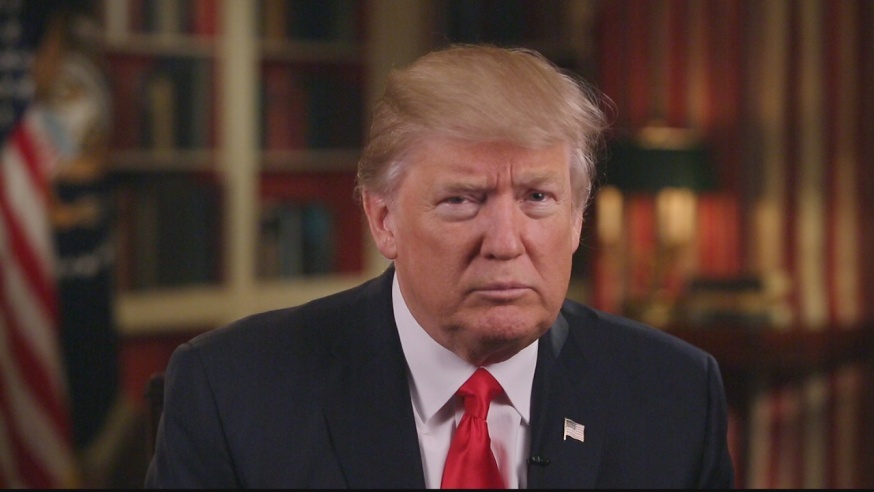
Donald Trump Photo: WhiteHouse.Gov
Aug. 13, 2019 By Shane O’Brien
Several elected officials have condemned the Trump Administration’s new “Public Charge Rule” which will reject green card applications for legal immigrants who rely on public assistance.
Congresswoman Grace Meng, Council Member Daniel Dromm and New York State Attorney General Letitia James have all publicly criticized the ruling, which makes it harder for legal immigrants who use public benefits such as food stamps and Medicaid to become permanent legal residents.
Acting head of US Citizenship and Immigration Services Ken Cuccinelli announced the new rule on Monday, with it set to go into effect on October 15, 2019, although anticipated litigation over the rule may change this timeline.
Local leaders argue that the rule is a calculated attack by President Donald Trump to get rid of immigrants from poor backgrounds.
“President Trump’s public charge rule is another ruthless and callous attack on immigrant communities,” Meng said. “It will have dire consequences for hundreds of thousands of legal immigrants, mostly children and families who require critical safety net programs for health care, food and other basic and daily necessities.”
New York Attorney General Letitia James offered further scrutiny to the Public Charge Rule and said that it was egregious measure that will see the U.S turn its back on immigrants fighting to make a better life for themselves. She also said that she intends to file suit against the Trump Administration over the ruling.
Meanwhile, Daniel Dromm, who represents one of the most immigrant rich districts in New York, said that he will fight the policy.
“The United States has a long history of welcoming the poor,” Dromm, who represents Jackson Heights, said. “Inscribed on our very own Statue of Liberty are the indelible words ‘Give me your tired, your poor, Your huddled masses yearning to breathe free.’ Our nation stands to lose a lot by this rule. We must never turn our backs on the economically distressed.”
However, when Cuccinelli was asked about those revered words on the Statue of Liberty on Monday he put forward a new version of the lines from Emma Lazarus’ famous sonnet.
“Give me your tired and your poor who can stand on their own two feet and who will not become a public charge,” Cuccinelli said at the press conference.
Cuccinelli also said that the new rule would allow the government to reduce the number of immigrants likely to become a drain on taxpayers.
The Public Charge Rule will not apply to current green card holders or asylum seekers.
Trump stated earlier this year that he has long favored a merit-based immigration system which prioritizes young and highly educated immigrants who he says contribute more to society.
- Immigrants who are concerned about how the public charge rule might affect them or their loved ones can call ActionNYC at 311 or 1-800-354-0365 and say ‘public charge’ to access City-funded, trusted legal advice.
